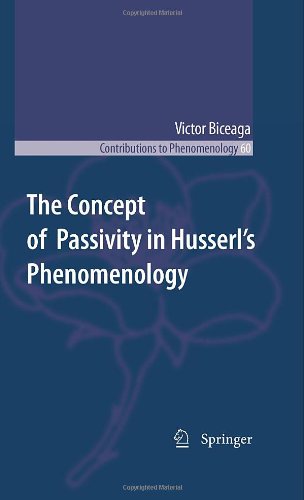

Most ebook files are in PDF format, so you can easily read them using various software such as Foxit Reader or directly on the Google Chrome browser.
Some ebook files are released by publishers in other formats such as .awz, .mobi, .epub, .fb2, etc. You may need to install specific software to read these formats on mobile/PC, such as Calibre.
Please read the tutorial at this link: https://ebookbell.com/faq
We offer FREE conversion to the popular formats you request; however, this may take some time. Therefore, right after payment, please email us, and we will try to provide the service as quickly as possible.
For some exceptional file formats or broken links (if any), please refrain from opening any disputes. Instead, email us first, and we will try to assist within a maximum of 6 hours.
EbookBell Team

0.0
0 reviewsBuilding upon Husserl’s challenge to oppositions such as those between form and content and between constituting and constituted, The Concept of Passivity in Husserl’s Phenomenology construes activity and passivity not as reciprocally exclusive terms but as mutually dependent moments of acts of consciousness. The book outlines the contribution of passivity to the constitution of phenomena as diverse as temporal syntheses, perceptual associations, memory fulfillment and cross-cultural communication. The detailed study of the phenomena of affection, forgetting, habitus and translation sets out a distinction between three meanings of passivity: receptivity, sedimentation or inactuality and alienation. Husserl’s texts are interpreted as defending the idea that cultural crises are not brought to a close by replacing passivity with activity but by having more of both.